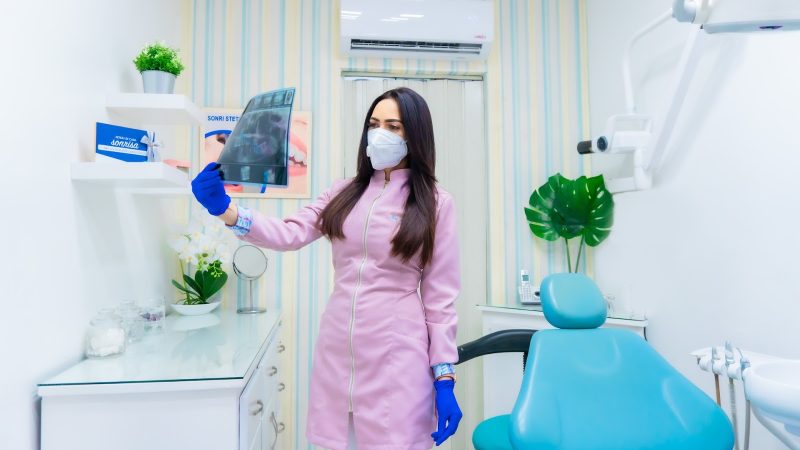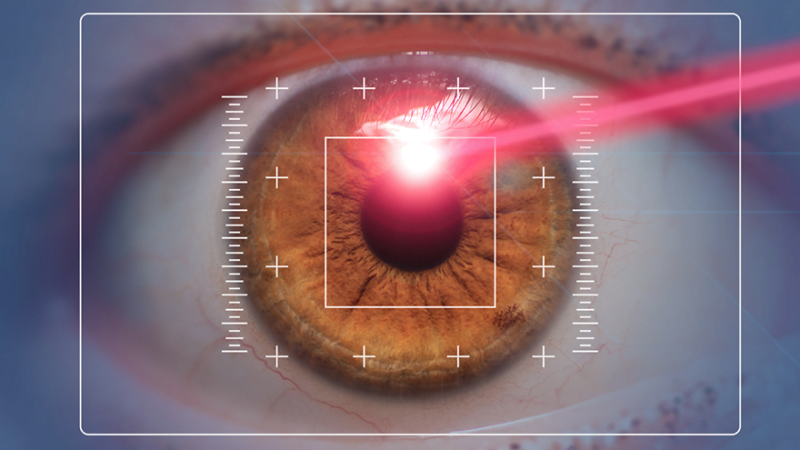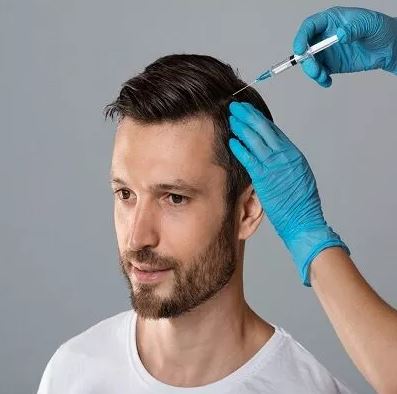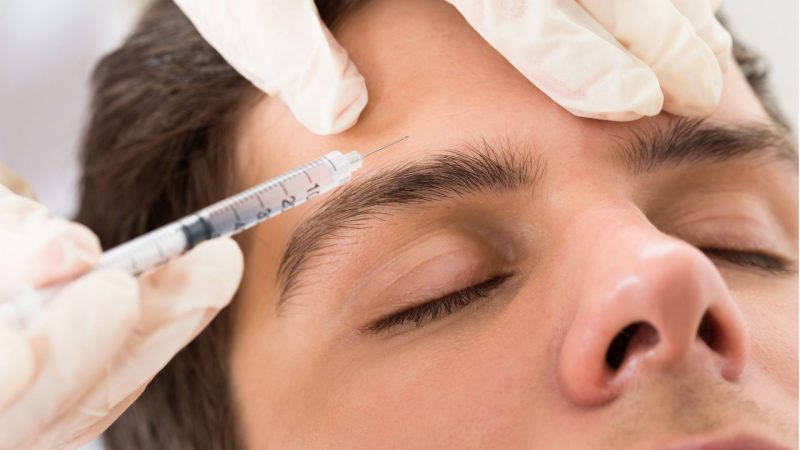Glasses that Block Blue Light: Why You Should Use One

Those who wear blue light-blocking glasses are not only saving their eyes from the harmful effects of exposure to LED lights but also helping to reduce eye strain. This is especially important because the blue light emitted from computer monitors can cause dry eyes and headaches.
Reduces Eye Strain
Using blue-light-blocking glasses is an excellent way to protect your eyes. Some people claim that wearing them at night helps them sleep better. It’s important to note, though, that there needs to be more evidence that blue light glasses help with eyestrain.
The blue light you get from computer screens, TVs, and other electronic devices aren’t good for your eyes. Studies have shown that prolonged exposure to blue light can increase your risk for macular degeneration and cataracts. It can also negatively affect your sleep pattern.
You can reduce your exposure to blue light by turning off all your electronic devices several hours before bedtime. Also, shift your eyes every 20 minutes, mainly when focusing on something. You should also make sure to get a regular eye exam. Finally, if you have a chronic problem with eye strain, your doctor may suggest to purchase blue light glasses to help reduce the symptoms.
Fortunately, there are now several different types of blue-light-blocking glasses. Some of them have an orange or yellow tint. These colors absorb blue light. Other drinks have clear lenses that don’t block as much blue light as the orange or yellow versions.
Blue-light-blocking glasses can also help regulate your circadian rhythm or sleep-wake cycle. According to a study, blocking short-wavelength blue light may help reduce wakefulness after sleep. However, it did not help in shortening total sleep time.
It Prevents Dry Eyes From Drying Out
Using blue-light-blocking glasses can help prevent dry eyes. They also help make watching television more enjoyable. They can also improve your comfort while working.
Several factors, including poor tear quality, increased tear evaporation, and overexposure to blue light, often cause dry eyes. These symptoms can range from minor dryness to chronic dryness and blurred vision. The condition can also cause frequent infections. You must visit your eye doctor to determine if you have dry eye syndrome and whether you require a prescription. Therefore, itlue-light-blocking glasses help prevent dry eyes by blocking the harmful effects of blue light. You should wear them while working on the computer to help alleviate the symptoms. You can also use blue-light-blocking screen protectors to help protect your eyes from blue light.
You should also adjust your screen’s brightness and contrast to increase comfort. It would help if you also tried to blink more often. Blinking helps keep the protective tear film intact and lubricates your eyes.
You can also use a cool-air humidifier to add moisture to the air. If you experience dry eyes, try drinking eight glasses of water a day. You can also take supplements that may help with your dry eye symptoms.
Blue-light-blocking glasses can help prevent your eyes from drying out, but they will not fix the problem. You should also consult your eye doctor to ensure you take the best care of your eyes.
Blocks Wavelengths Between 446 and 477 Nanometers
A variety of glasses with blue light-blocking technology are available from numerous companies. Some use lenses with an amber tint, while others have a nearly clear coating. Most use the industry-standard blue light filtering technology, but some come with cool extras like low-magnification lenses and anti-glare coatings. They also have the usual suspects like scratch and dent protection. Some of them also boast a multi-year warranty.
In a nutshell, a blue light-blocking glass does its job by blocking about 65% of the blue light. In addition to blocking blue light, these glasses also provide some protection from the sun’s harmful UV rays. Several glasses boast an anti-glare coating and a low-magnification lens to help reduce the annoying reflections on your face. These glasses are available in many styles to suit your needs.
Protects Eyes From LED Lights
Despite the widespread use of LED lights, ophthalmologists warn about the risk of eye damage. LED lights are used in various electronic devices, including computers, smartphones, cell phones, and flashlights. LEDs are also used in automobile headlights. Moreover, LED lights are widely used in homes, as they are energy-efficient, compact, and inexpensive.
The French Agency for Food, Environmental and Occupational Health and Safety (ANSES) has released a report that outlines the health risks associated with LED lighting. The report recommends limiting exposure to LED sources with a high blue light concentration, such as car headlights, and avoiding LED screens before bedtime.
The ANSES report also concluded that long-term exposure to low-intensity blue light can increase the risk of age-related macular degeneration. It also noted that the blue light from LED lights can disrupt the body’s natural circadian rhythm.
The study also made a case for how intelligent lighting controls could change the makeup of the lighting throughout the day. This can help protect the eyes by softening the impact of artificial light.
It is estimated that more than eighty-four percent of the lighting market will be LED by 2030. Although many studies have found that LED light bulbs are not harmful to the eyes, there are concerns over long-term exposure.
The ANSES report notes that LED lights can cause retinal damage, especially if exposed to high-intensity blue light. Therefore, the report recommends that consumers use LED bulbs with low blue light concentration, such as warm white lighting.
Read More: Who Uses Eye Drops to Make Long Eyelashes?






